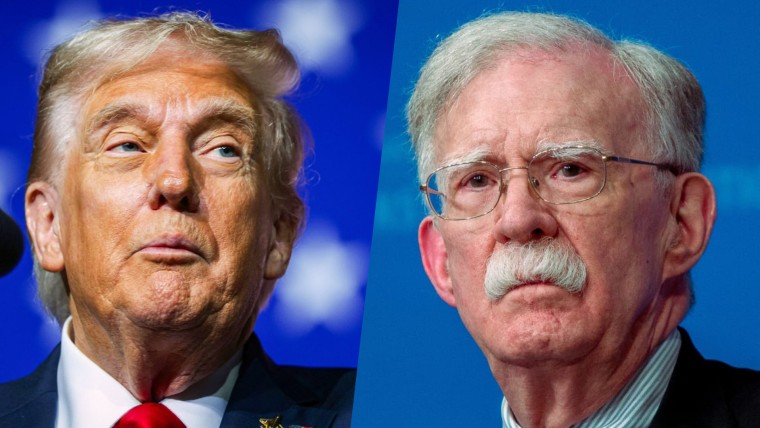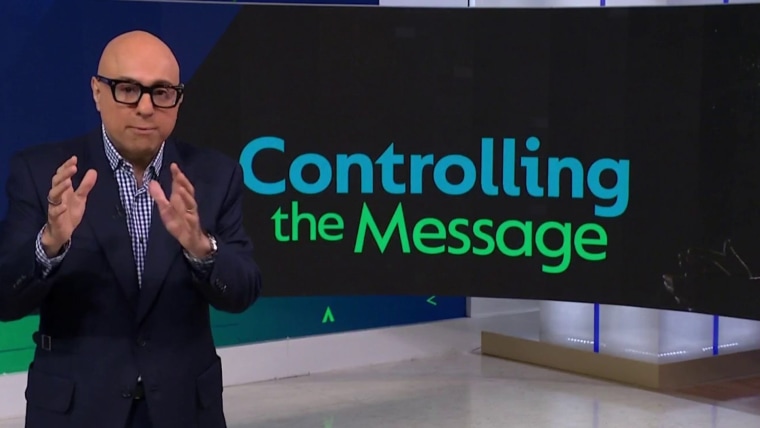President Donald Trump is committed to using every tool at his disposal to exact retribution on his political enemies, and now he has turned his attention to the Internal Revenue Service.
The Wall Street Journal recently reported that the administration is “preparing sweeping changes at the IRS that would allow the agency to pursue criminal inquiries of left-leaning groups more easily, according to people familiar with the matter.” These changes, the Journal reports, “are being driven by Gary Shapley, an adviser to Treasury Secretary Scott Bessent,” and include revising the agency’s procedure handbook to diminish the role of lawyers from the IRS’ chief counsel’s office.
That the second Trump administration would target groups by political affiliation is especially ironic given the actions of the first Trump administration.
While Shapley briefly served as acting IRS Commissioner, he is best known for overseeing the IRS’s investigation into Hunter Biden. The changes are clearly designed to make investigations of Trump’s political enemies easier; indeed, the article noted that he has already “ordered” the IRS to investigate specific tax-exempt organizations that oppose him. As the political law chair at Elias Law Group, I represent several tax-exempt organizations that could be inappropriately targeted if the president is able to fully weaponize the IRS. However, these changes won’t achieve the administration’s goals. Instead, they will create legal peril for Trump, Shapley and those around them.
Federal criminal law (Internal Revenue Code Section 7217) bars the president, the vice president and other Cabinet officials (except the attorney general) from “directly or indirectly” requesting an audit or investigation by the IRS. While the Supreme Court recently granted the president presumptive immunity from prosecution for official actions, it is doubtful that this immunity would extend to the flagrant violation of a law that specifically applies to the president.
Perhaps more importantly, the president’s immunity does not extend to those aiding him. Section 7217 also requires IRS employees to report improper requests to the Treasury Department’s Inspector General, or risk hefty fines or up to 5 years in prison. Shapley may be willing to flout this law, but will other civil servants at the IRS assume that much personal risk? Will they enable baseless investigations of President Trump’s political opponents, particularly when the 5-year statute of limitations lasts far beyond his second term?

Shapley and any IRS employees aiding him in his efforts would also face their own criminal exposure. Any federal employee that intentionally discriminates against Americans for their political views could be violating a number of criminal statutes, including Sections 241 and 242 of Title 18 of the United States Code. Another law (Internal Revenue Code Section 7214) specifically applies to “revenue officers or agents” who engage in “willful oppression under color of law” — punishments include firing, fines and prison time. For these laws as well, the statute of limitations is 5 years and would extend into a subsequent administration.
That the second Trump administration would target groups by political affiliation is especially ironic given the actions of the first Trump administration. In 2013, Lois Lerner, then the director of the Exempt Organizations Unit, admitted that IRS employees had given extra scrutiny to groups with “tea party” or “patriot” in their names that had applied for tax-exempt status. The resulting firestorm resulted in Lerner’s resignation, departures of other top officials, congressional inquiries and multiple lawsuits.
Shapley reportedly has been very clear about his intentions.
In 2017, the first Trump administration settled one of those lawsuits with an apology and a payment of $3.5 million. In announcing the settlement, Attorney General Jeff Sessions said, “It is improper for the IRS to single out groups for different treatment based on their names or ideological positions. Any entitlement to tax exemption should be based on the activities of the organization and whether they fulfill requirements of the law, not the policy positions adopted by members or the name chosen to reflect those views.”
The Department of Justice declined to pursue criminal charges under these laws only because they could not prove that officials intended to break the law and found that in that case “mismanagement, poor judgment, and institutional inertia” were the more likely culprits. Shapley, on the other hand, reportedly has been very clear about his intentions. According to the Journal, he “has been putting together a list of donors and groups he believes IRS investigators should look at. Among those on the list are the billionaire Democratic donor George Soros and his affiliated groups, according to a senior IRS official and another person briefed on the list.”
As a veteran of the IRS’s criminal investigative division, Shapley is fully aware of the law, meaning if he and any colleagues pursue these investigations, arguing ignorance would be a much more difficult sell in court.
Ultimately, President Trump and members of his administration cannot weaponize the IRS against the president’s enemies without creating significant legal peril for themselves and those around them. Those hoping to shelter in recent Supreme Court rulings or this president’s support for retribution should reconsider how their actions will be seen under a future administration that might not be so willing to ignore the rule of law.
